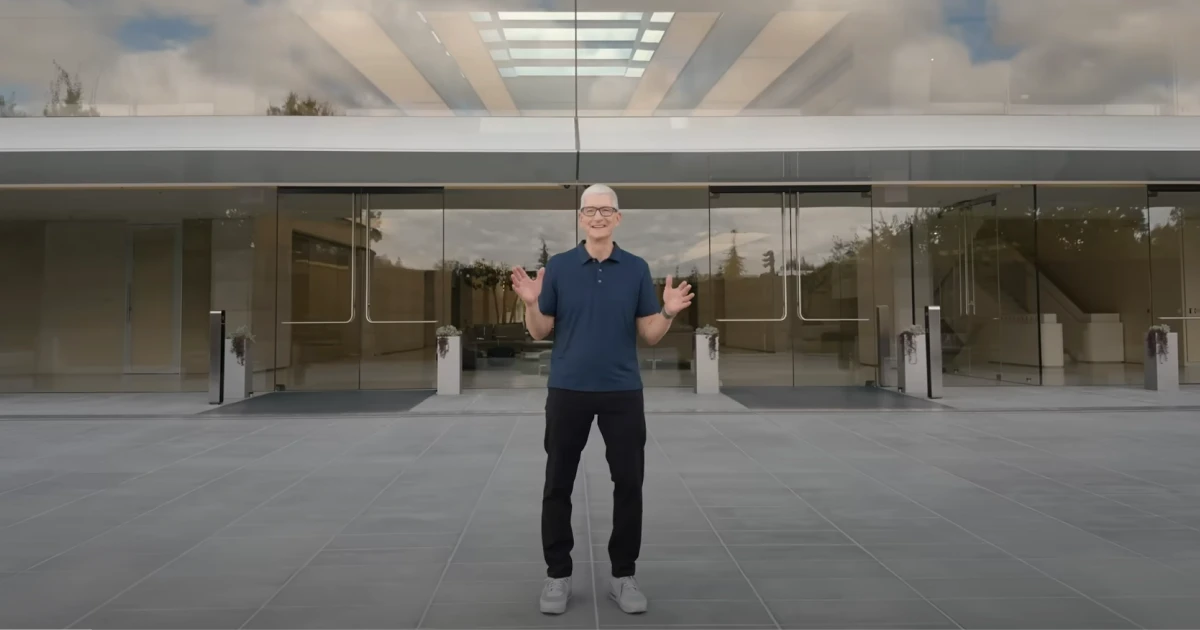“We don't think any government investment will change the fate of its foundry arm if it cannot secure enough customers.”
The chipmaker has stumbled in the recent period due to years of management missteps, ceding its manufacturing lead to Taiwan’s TSMC, and losing out on the race for artificial intelligence chips to Nvidia.
Now, at an impasse, Intel needs to prove that they are capable of making chips to attract new customers. Reuters has also reported that Intel’s current 18A process it’s less advanced than the 14A, also facing problems with yield, the measure of how many chips printed are good enough to make it available to customers.
Also worth mentioning is the fact that large chip factories, including TSMC swallow the cost of poor yields during the first interactions of the process when working with customers such as Apple. Intel also reported that net losses for six consecutive quarters, is a hard task to accomplish and still turn profit.
Ryuta Makino, an analyst from Gabelli Funds, which holds Intel stock, said that “If the yield is bad, then new customers won't use Intel Foundry, so it really won't fix the technical aspect of the company.”
Maniko also added that he believes that Intel has the ability to produce chips at optimal yields, views the deal as a net negative for Intel compared with just receiving the funds under the CHIPS Act as originally promised under the Biden Administration.
The federal government will also not take a seat on Intel’s board and has also agreed to vote with he company’s board on subjects that need shareholder approval, Intel said. Yet, it is also worth mentioning that those voting agreements also come with “limited exceptions,” and the government is also getting Intel’s shares at a 17.5% discount to their closing price on Friday.
More so, the US government is Intel’s biggest shareholder, though neither Trump nor Intel has disclosed when the transaction would happen. On Friday, Intel’s shares also closed up to 5.5% on news of the government’s equity stake, yet also fell 1% in after-hours trading after the chipmaker detailed the terms of the deal. They have also risen 23%so far this year as Tan has announced huge job cuts.
Analysts also reported that Intel could benefit from the government’s support, including in constructing factories.
Peter Tuz, the president of Chase Investment Counsel, has said, “To have access to capital and a new partial owner that wants to see you succeed are both important.”
More so, Andy Li, a senior analyst at CreditSights, has said that “On one hand, a government stake could be viewed as a strong signal that Intel is 'too big to fail.' On the other hand, people are concerned about potential governance implications and how that may impact the company’s ability to act in the best interest of shareholders,”.
The investment also follows a $2 billion infusion from SoftBank. Trump, has reported on Friday that “This is a great deal for America and, also, a great deal for Intel. Building leading-edge semiconductors and chips, which is what Intel does, is fundamental to the future of our nation," reported Reuters














